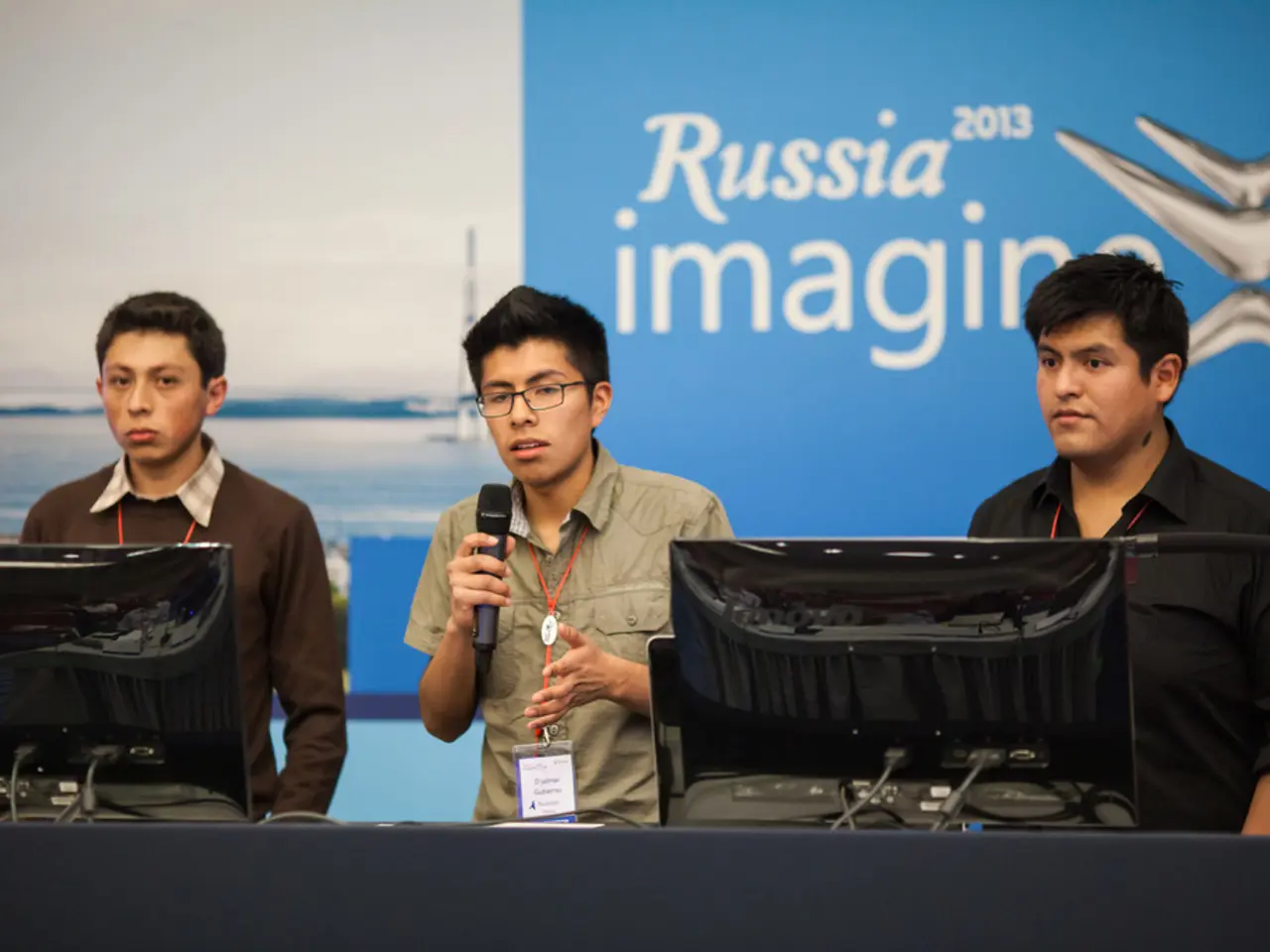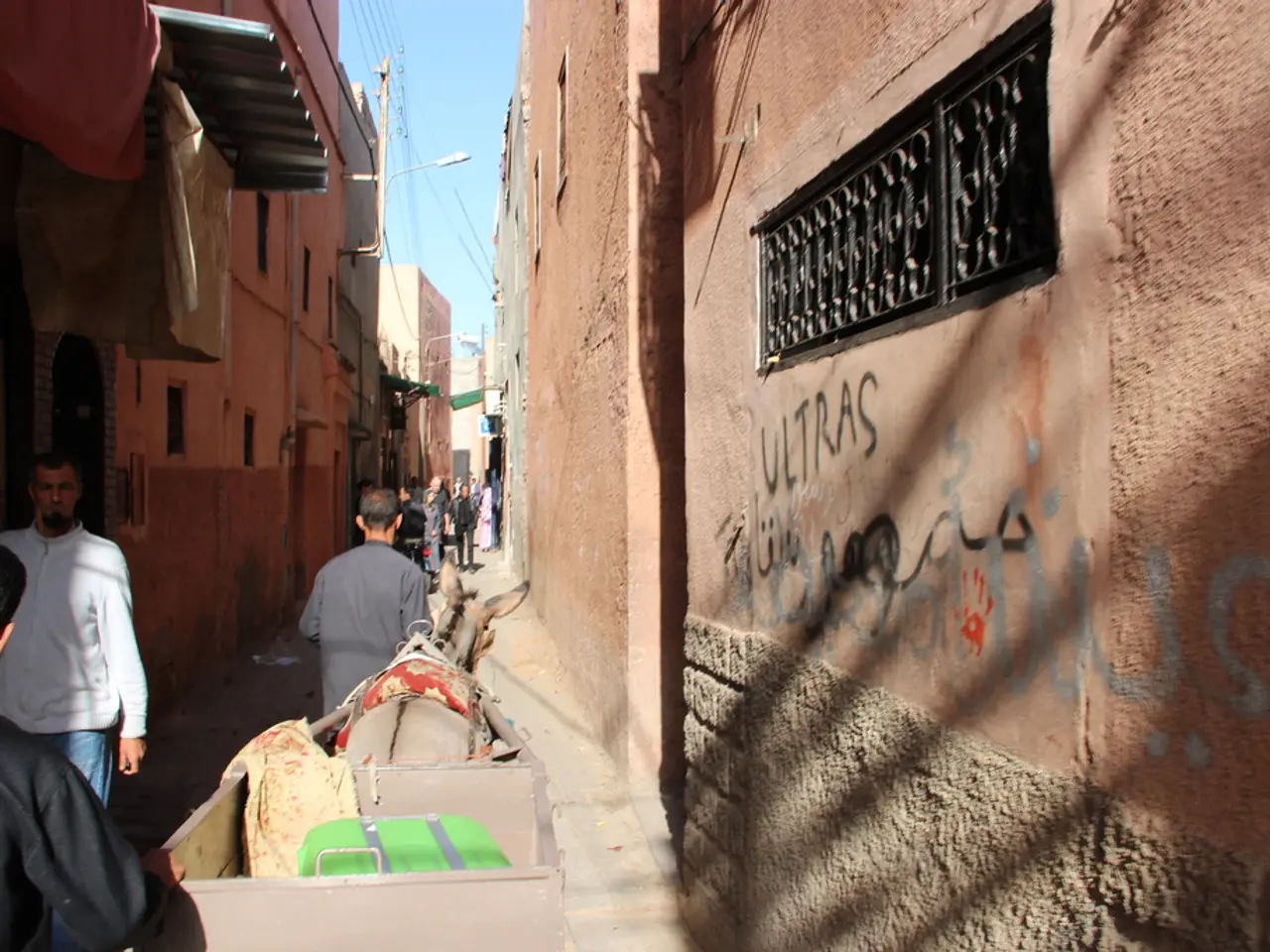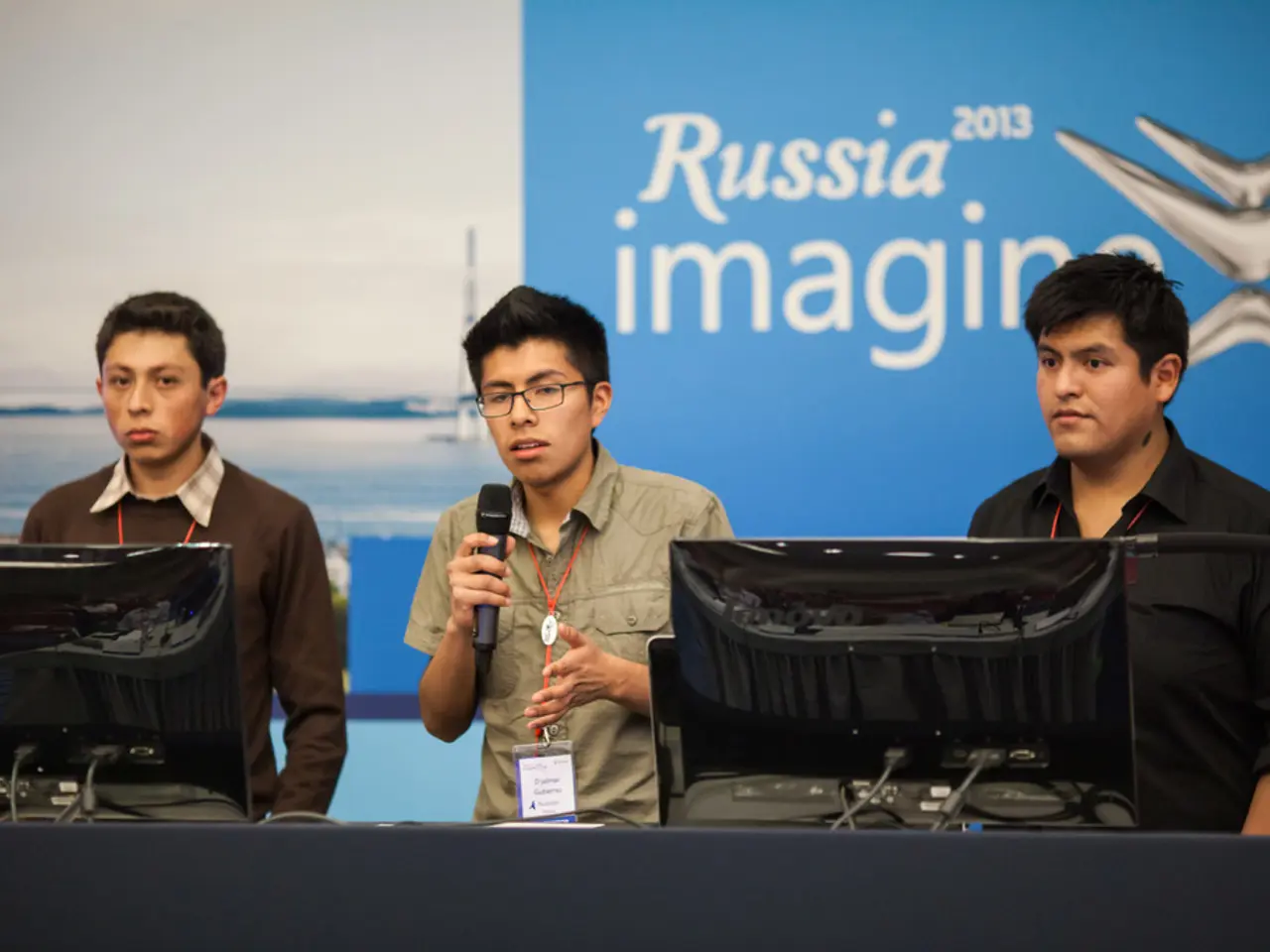Nigeria resists accepting deported individuals from the U.S., citing existing domestic issues: "We've got enough troubles of our own."
The U.S. government deported eight men to South Sudan this month, but the Trump administration is urging several African presidents, who recently met with President Trump at the White House, to accept deportees whose home countries refuse to take them back. However, Nigeria is resisting this pressure, citing national security concerns and economic challenges.
Nigeria's Minister of Foreign Affairs, Yusuf Tuggar, has emphasised that accepting Venezuelan prisoners or other deportees is "unacceptable" given Nigeria's own complex challenges. The government fears that such deportees could exacerbate security risks, recalling incidents where foreign criminals entered Nigeria illegally, formed gangs, and necessitated deportation or prosecution.
Tuggar stated that it will be difficult for Nigeria to accept Venezuelan prisoners or deportees, and the government sees the U.S.'s "third-country deportation" policy as serving primarily U.S. interests without regard for the receiving countries’ welfare.
This refusal contrasts with other African countries like Rwanda, South Sudan, and Eswatini that accepted similar agreements with the U.S., which have been criticised for ethical and legal implications under international law as well as their negative impact on diplomatic relations.
Nigeria’s stance reflects concern over the broader diplomatic consequences and long-term regional security implications, as these deportation deals may undermine cooperation in intelligence, counter-terrorism, and anti-trafficking efforts between the U.S. and African nations.
In a bold move, Tuggar used a quote from the U.S. rap group Public Enemy to express his stance: "Don't Believe the Hype." The Nigerian government is engaging with U.S. officials to strike new deals involving critical minerals, oil, and gas, but it is clear that Nigeria will continue to stand for its national interest.
Meanwhile, the U.S. has reportedly approached at least three other African nations - Benin, Eswatini, and Libya - to accept deported migrants. However, both the U.N-backed government in the west and the military government that controls the east in Libya have denied accepting deported migrants.
The U.S. calls this action a "global reciprocity realignment," but the State Department has imposed major visa restrictions on citizens from Nigeria, Ethiopia, and Cameroon, which Nigerian officials deny are reciprocal and argue are linked to Nigeria's refusal to comply with U.S. migration demands.
The U.S. Supreme Court cleared the way for the removal of the eight men, who were transferred from the U.S. to a military base in Djibouti in May. The summit, officially focused on trade, included the presidents of Liberia, Senegal, Gabon, Guinea-Bissau, and Mauritania. Trump sparked backlash at the meeting after praising Liberian President Joseph Boakai for speaking "such good English," despite English being Liberia's official language.
The visas issued to citizens of these countries will now be valid for just three months and for a single entry. It remains to be seen how this standoff between the U.S. and Nigeria will unfold, but one thing is certain: Nigeria is determined to protect its national interests.
- The U.S.'s "third-country deportation" policy has been seen as serving primarily American interests, rather than considering the welfare of the receiving countries, as stated by Nigeria's Minister of Foreign Affairs, Yusuf Tuggar.
- In contrast to countries like Rwanda, South Sudan, and Eswatini, Nigeria has refused to accept similar agreements with the U.S., citing national security concerns and economic challenges.
- The Nigerian government's stance on migration policy is rooted in concerns over the broader diplomatic consequences and long-term regional security implications, potentially impacting cooperation in areas such as intelligence, counter-terrorism, and anti-trafficking efforts.
- Meanwhile, discussions regarding critical minerals, oil, and gas are underway between U.S. officials and the Nigerian government, indicating a broader interplay between politics, policy-and-legislation, general-news, war-and-conflicts, and ESG-related concerns beyond the migration issue.








